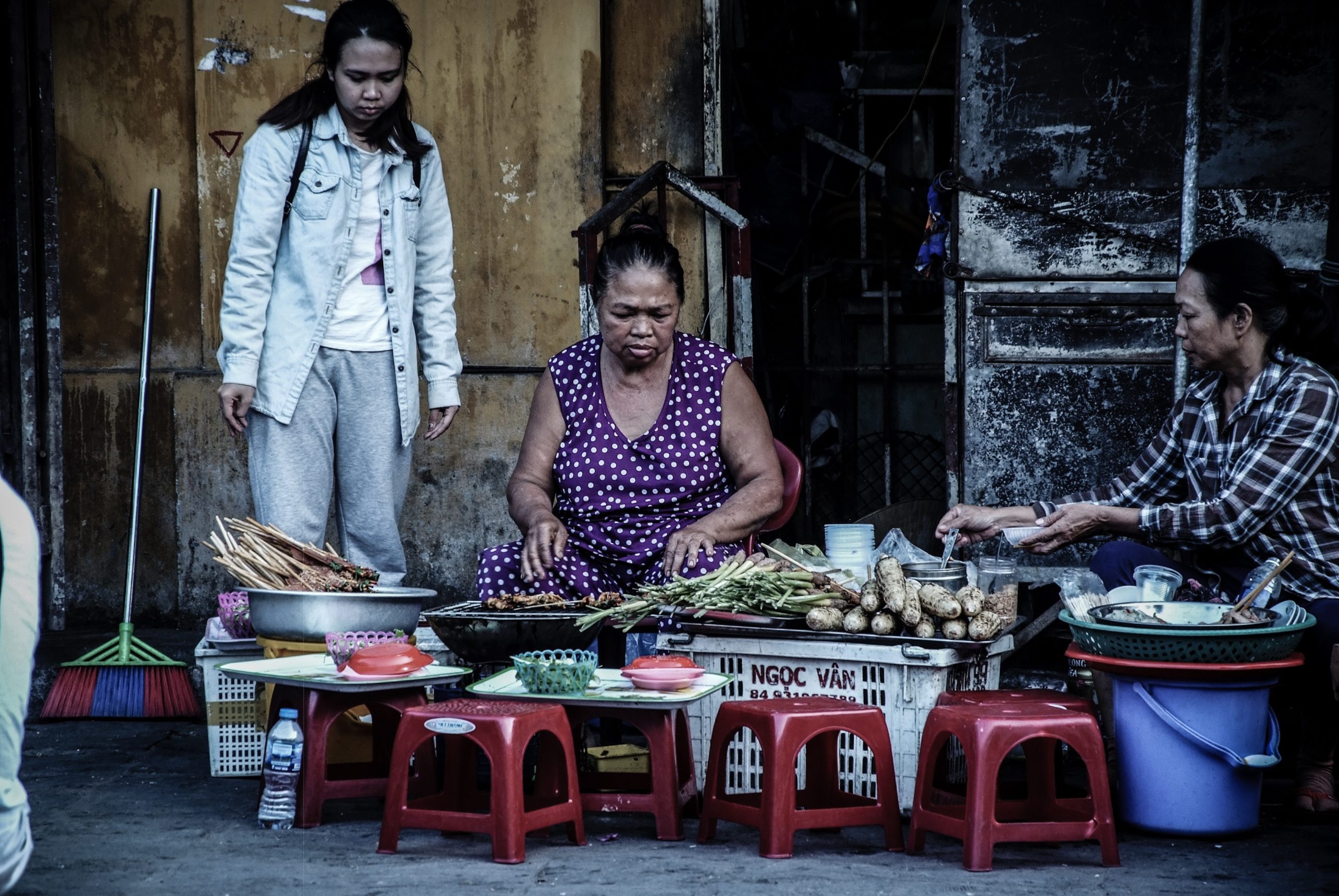Microfinance is a sector of financial services that focuses on individuals that are otherwise unable to access credit through the banking system in their area by providing them with loans in small amounts. There are a variety of barriers that keep people from accessing formal financial services, but what is most important is that financial exclusion can be a significant barrier for people working to escape poverty.
 A micro-loan is often life-changing for financially excluded people because many use the loan to build small businesses that become their source of income. If it wasn’t for Microfinance Institutions (MFIs), the opportunity to start a small business would be otherwise impossible for the financially excluded. However, interest rates on micro-loans are high, and it can be quite challenging for the indebted to repay their loans. On the other hand, MFIs are reliant on the high-interest rates of the micro-loans they provide and need steady payments to cover their costs.
A micro-loan is often life-changing for financially excluded people because many use the loan to build small businesses that become their source of income. If it wasn’t for Microfinance Institutions (MFIs), the opportunity to start a small business would be otherwise impossible for the financially excluded. However, interest rates on micro-loans are high, and it can be quite challenging for the indebted to repay their loans. On the other hand, MFIs are reliant on the high-interest rates of the micro-loans they provide and need steady payments to cover their costs.
The coronavirus pandemic has put significant strain on MFIs and may even cause many to close completely, which would re-erect the barriers to financial inclusion for vulnerable groups that MFIs have been working toward dismantling. This post will explain the challenges currently being faced in the microfinance sector and present forecasts for the future from experts.
Coronavirus’ Impact on Microfinance Institutions
In response to the financial toll the coronavirus pandemic has had, and will have, on vulnerable populations, some governments and many MFIs have imposed moratoriums on loan repayments to provide protections to the people. Although a pause on loan

payments is an important protection for those indebted, many MFIs are struggling financially as a result. With payments paused, MFIs are stuck covering their operational costs throughout months without any income, which has been seen as disastrous by many experts in the space.
The outlook seemed especially grave earlier in 2020, when many experts warned that “a slip in repayment rates from just 95 percent to 85 percent would render many MFIs insolvent in less than a year…” Since then, the outlook has lightened a bit, although danger is still forecasted. A study conducted by CGAP later in 2020 showed that MFI portfolios are showing signs of trouble, yet capitalization is providing a buffer to the demise of MFIs, which is a good sign for the financial inclusion sector.
Microfinance and Coronavirus: Impact on Financial Inclusion
GeoPoll conducted a study on the Financial Impact of Coronavirus in Sub-Saharan Africa from June-July of 2020. The nationally representative data collected represents the populations of Côte D’Ivoire, Kenya, Nigeria, Mozambique, and South Africa. The results from this study showed: concern regarding paying expenses was high for all respondents; the negative financial effects of the pandemic were felt hardest for informal workers and those earning lower incomes; nearly half of respondents had taken out a loan specifically to cover coronavirus-related expenses; and 68% of loans that were taken out were for less than $500 USD. Each of these findings support the moratoriums imposed in many countries on loan payments, yet they also underscore just how essential access to credit is in low- to middle-income countries.
In these tough economic times, many low- to middle-income countries do not have the resources to provide financial safety nets to all of their people—especially when many of the people who need the assistance most are financially excluded. In this context, Microfinance Institutions are more necessary than ever to provide assistance to those that lack access to other sources of credit for survival. Despite micro-loans being difficult to repay for the people MFIs serve, countless lives will be put at even higher risk amidst the pandemic if MFIs are not protected. For this reason, a new coalition has been formed to bring awareness to the importance that MFIs survive this delicate time. The coalition serves as a call to investors in a request for help in building up liquidity that is essential for MFIs to continue helping the financially excluded.
As the pandemic continues and the financial situation for Microfinance Institutions develops further, the need for research will present itself again and again. At GeoPoll conducting research on topics related to financial inclusion and development is our specialty. We are known for our unique ability to reach respondents that are hard to reach through traditional research methods—like people with low incomes and people that live in rural or remote areas of the world. GeoPoll’s mobile-based research platform allows us to remotely conduct research projects with a rigorous methodology, quickly and effectively. For more information on how we can help you reach your research goals contact us today.



